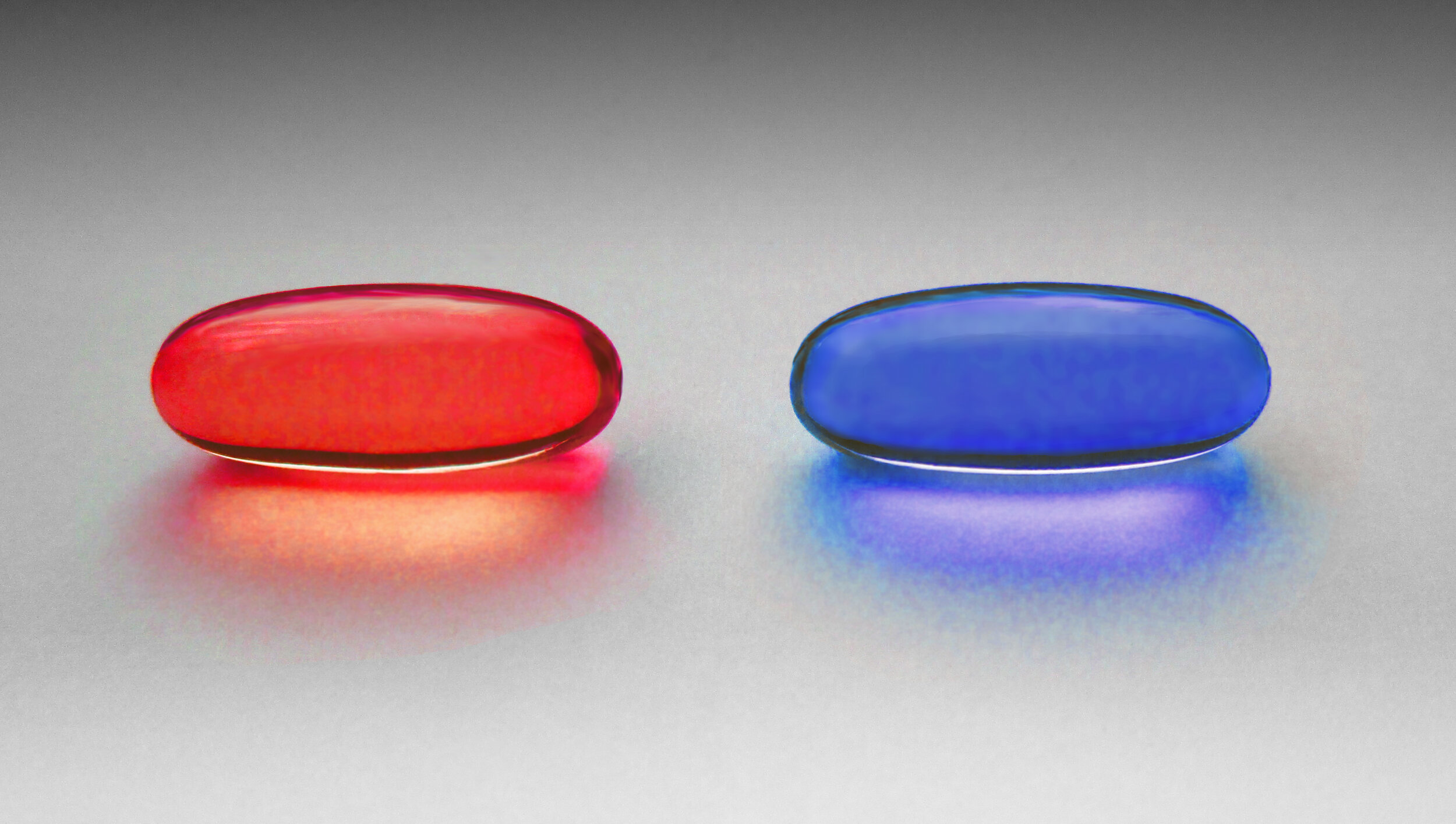

Why Is The Self-Improvement Industry So Full Of Scammers?
Often, the most popular “self help” books and theories are too general and vague to be really meaningful besides getting people to feel good about themselves. This is done on purpose - the more general the advice is, the more people can buy the product. The fitness industry is incorporated into a lot of the self-improvement industry because people assume that people who “look good” are happy. It’s especially easy for influencers on social media to have people believe their success because we only see pictures and snippets they want us to see, not the full story. Success and improvement at anything is a time consuming, high effort challenge that can’t be conquered with a book, set of supplements, or any single thing.

Great Expectations Part 2 - The Power of Belief, FMS, and the Fitness Industry
In last week’s post, I covered the way that expectancy effects work, and how powerful they can be. Manipulating expectations can be a powerful way to impact the results of any intervention. In this post I analyze the ways in which these effects can impact our diet and exercise results, and why the fitness industry often intentionally manipulates these effects to its own benefit.

Great Expectations Part 1 - Placebo, Nocebo, and Expectancy Effects
Expectancy effects are positive or negative physiological effects which occur as a result of the expectations that we’ve established for a particular course of action, training routine, method of treatment, pill, etc. Placebo (positive) and nocebo (negative) effects are well documented, and vary in strength according to how strongly we believe a positive or negative effect will occur.

Newer Isn't Better
Newer isn’t better, and often is actively worse. Unfortunately, many industries can only survive by providing us with a constant stream of new and exciting information or products - so we need to learn to sort the useful from the useless in real time.
